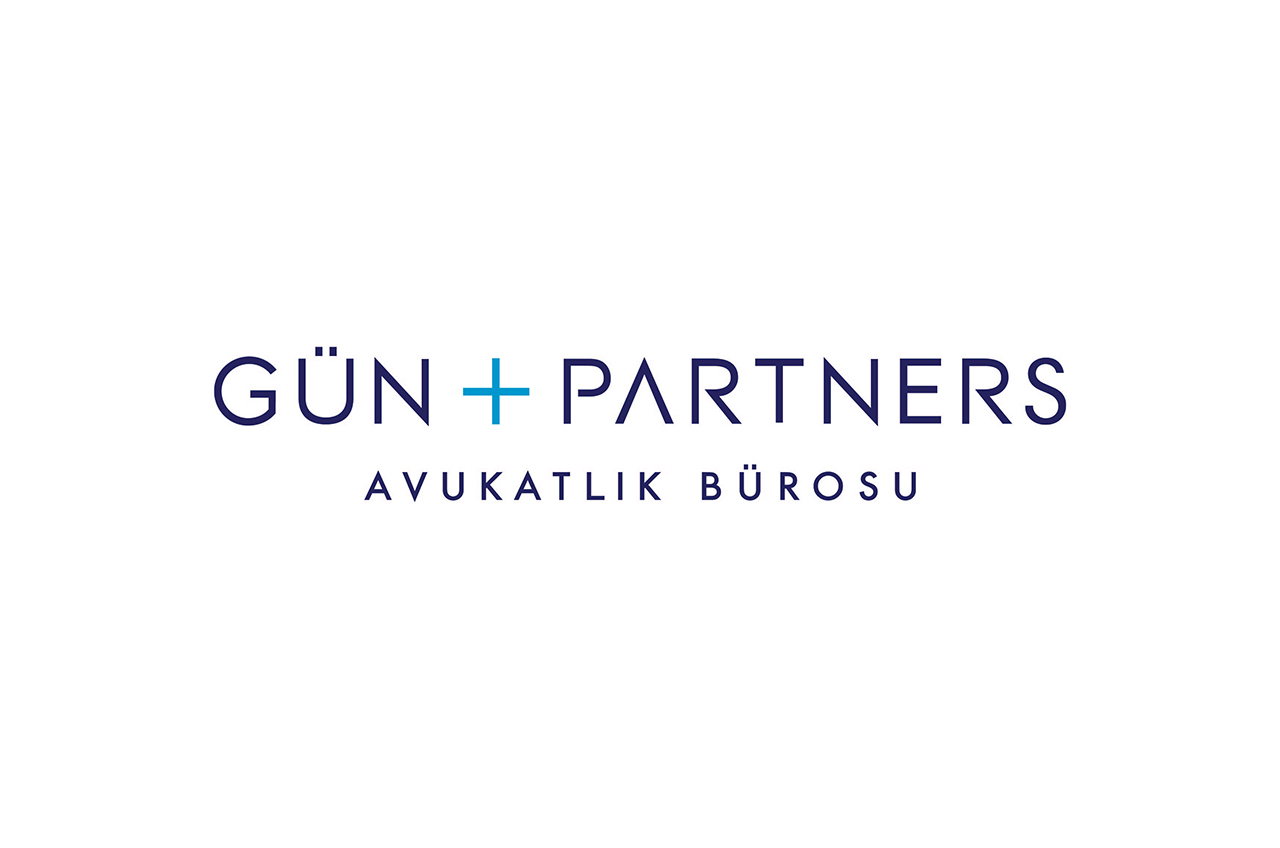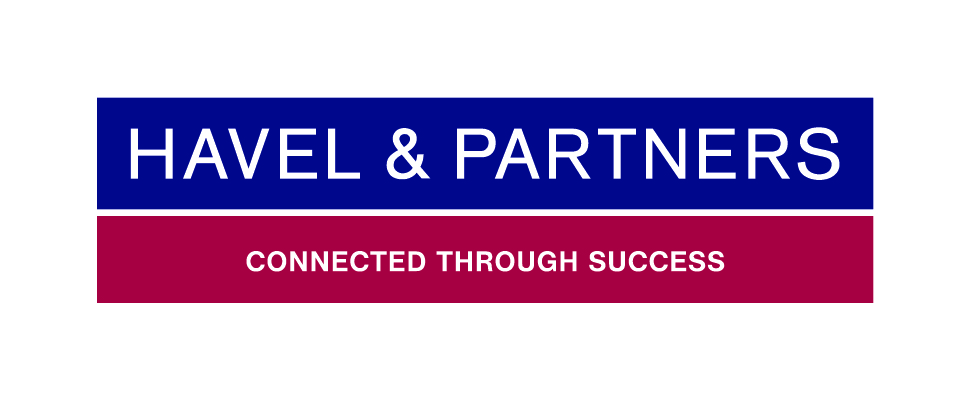
Articles
The Euro Value Applied to Pharmaceutical Prices Has Been Increased by 16.9%
The Turkish Medicines and Medical Devices Agency updated its Guidelines on Scientific Meetings and Educational Events for medical devices on 4 January 2024, introducing a notable change of imposing a fee for event applications, set at TRY 1,114.02, effective immediately. This update eliminates the need to upload a commitment letter for event notifications and aims to streamline processes and enhance transparency in industry activities. However, the decision to charge fees has sparked criticism for potentially reducing the number of notifications by imposing additional financial burdens on companies. Further, similar fees will apply to pharmaceutical companies, although guidelines for pharmaceutical products have not been updated yet.
... Read more
Forthcoming changes to the public health insurance system in the Czech Republic: what you need to know
As with many healthcare systems worldwide, the Czech Republic faces challenges regarding sustainable funding and escalating healthcare costs, particularly concerning chronic and rare diseases.
Aiming to address emerging needs in public healthcare, on 12 April 2024, the Ministry of Health of the Czech Republic introduced a draft amendment to the Act on Public Health Insurance and other related laws, which is proposed to take effect on 1 January 2026. In this article, we provide an overview of the key areas affected by the legislative proposal, namely (i) price and reimbursement regulation of medicinal products and medical devices, (ii) preventive care support, (iii) reimbursement of cross-border healthcare services, and (iv) dental care reimbursement.
... Read more
Key EU Legislative Initiatives Shaping the Life Sciences Landscape in 2024
At the heart of the global economy and public health, the life sciences industry is a driving force for progress in an ever-evolving web of laws and regulations.
Recent legislative initiatives in the EU illustrate some of the regulatory challenges – and opportunities – for the life sciences industry on a pan-European level.
Dive into our article below where we highlight some of the legal topics that we consider key for the life sciences industry in 2024 and how they might impact the industry.
Read further, download the article: Key EU Legislative Initiatives Shaping the Life Sciences Landscape in 2024
... Read moreBelgian Parliament has adopted urgent 2026 healthcare budget measures: what’s the impact on the pharma industry?
Over the Christmas break, the Belgian Parliament adopted an urgent law with several measures linked to the approved 2026 healthcare budget, with effect from 1 January 2026. The law is intentionally limited to provisions that must enter into force immediately to ensure that the required savings and revenues are available from the start of the budget year. Several measures are directly relevant for pharma companies. This blog post highlights the key takeaways and briefly examines the central budgetary provisions affecting the sector.
... Read moreEU Reaches Pharma Package Deal: Key Changes at a Glance
On 11 December 2025, following overnight negotiations, the Council and the European Parliament announced a political agreement on the long-awaited Pharma Package (see here). The reform seeks to update the EU’s pharmaceutical rulebook to facilitate access to safe and affordable treatments and bolster the life sciences sector’s competitiveness. While more detailed information is still trickling out, including the official text of the provisional agreement, we summarise below the main axes of the package available at this time.
... Read moreBelgian Constitutional Court strikes down pharma industry ‘unavailability contribution’
The Belgian Constitutional Court (“CC”), on 6 November 2025, annulled some provisions of the Law of 18 May 2024 containing various provisions on health and finance, striking down the pharma industry ‘unavailability contribution’.
... Read moreNew Legal Provision Addressing Counterfeit and Unauthorized Practices in the Medical Device Industry
The Turkish Medicines and Medical Devices Agency updated its Guidelines on Scientific Meetings and Educational Events for medical devices on 4 January 2024, introducing a notable change of imposing a fee for event applications, set at TRY 1,114.02, effective immediately. This update eliminates the need to upload a commitment letter for event notifications and aims to streamline processes and enhance transparency in industry activities. However, the decision to charge fees has sparked criticism for potentially reducing the number of notifications by imposing additional financial burdens on companies. Further, similar fees will apply to pharmaceutical companies, although guidelines for pharmaceutical products have not been updated yet.
... Read more